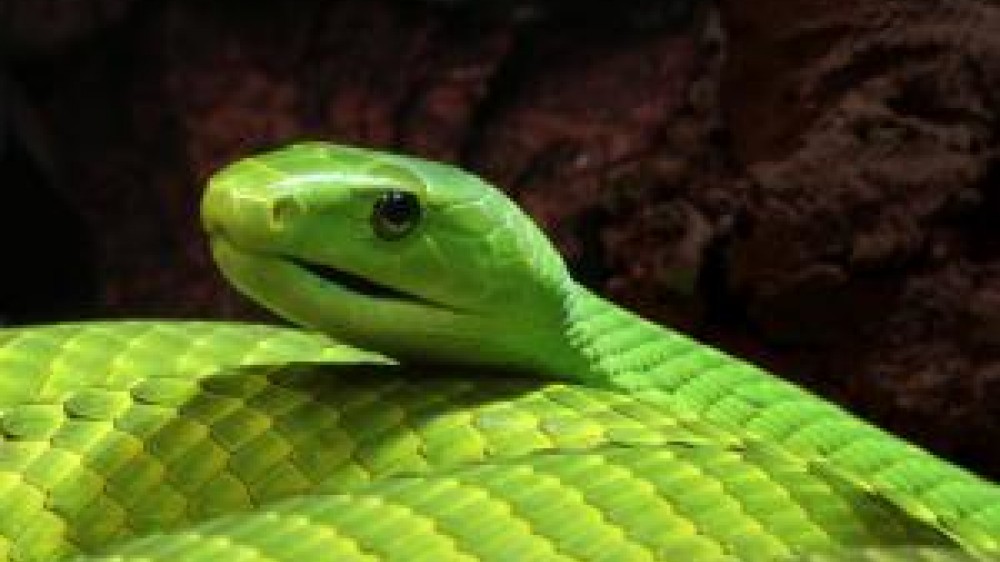The NC3Rs, in collaboration with the UK Regenerative Medicine Platform, Stevenage Bioscience Catalyst and the Non-Animal Technologies Special Interest Group (NAT SIG), held a workshop in April 2015 to explore the application of cutting edge cell and
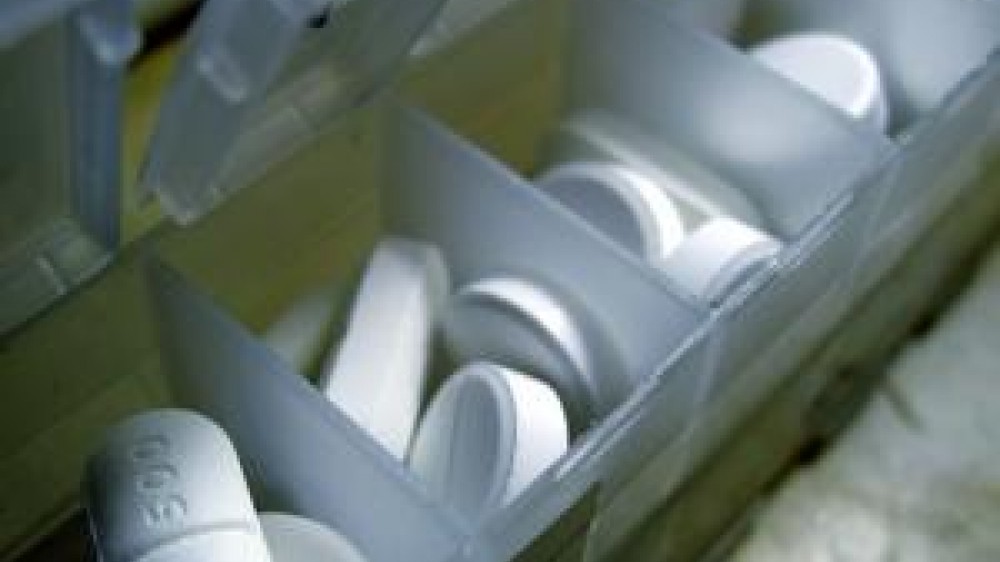
The NC3Rs, in collaboration with the UK Regenerative Medicine Platform, Stevenage Bioscience Catalyst and the Non-Animal Technologies Special Interest Group (NAT SIG), held a workshop in April 2015 to explore the application of cutting edge cell and

Learn about the Mary Lyon Centre's non-profit mouse line archive, which supports scientists worldwide.
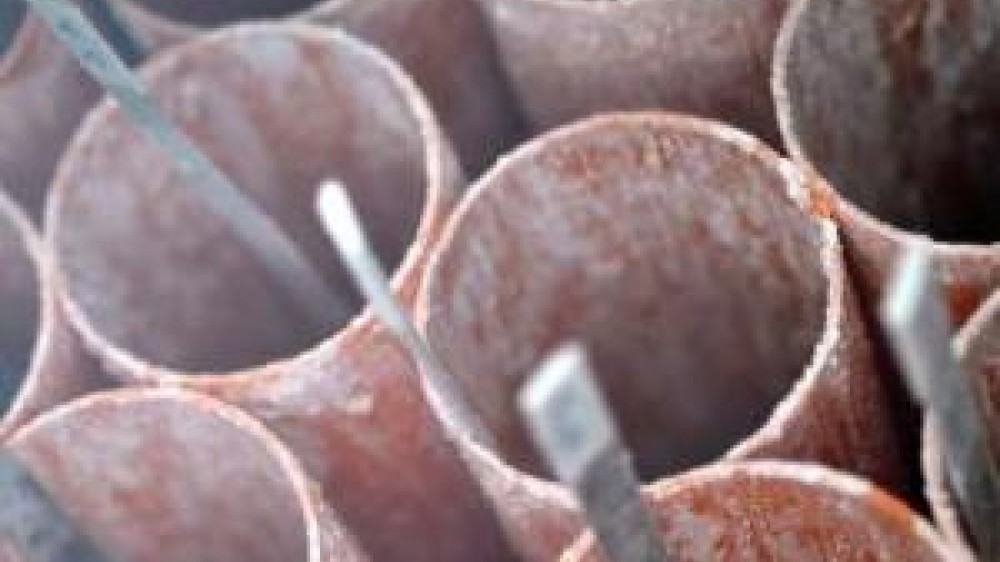
Dr Daniel Adams (pictured below), University of California San Francisco, describes the latest resource from the NC3Rs aimed at refining neuroscience experiments using non-human primates – the Chronic Implants Wiki – and why a wiki format was chosen.
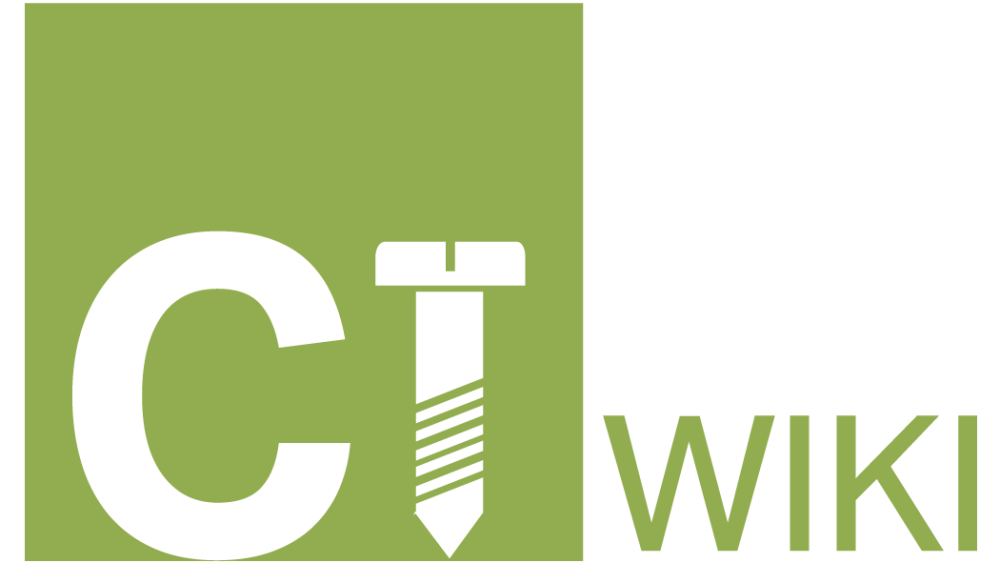
Scientists from Royal Holloway University of London and University College London have identified a specific fatty acid, decanoic acid, to have potent anti-epileptic effects.
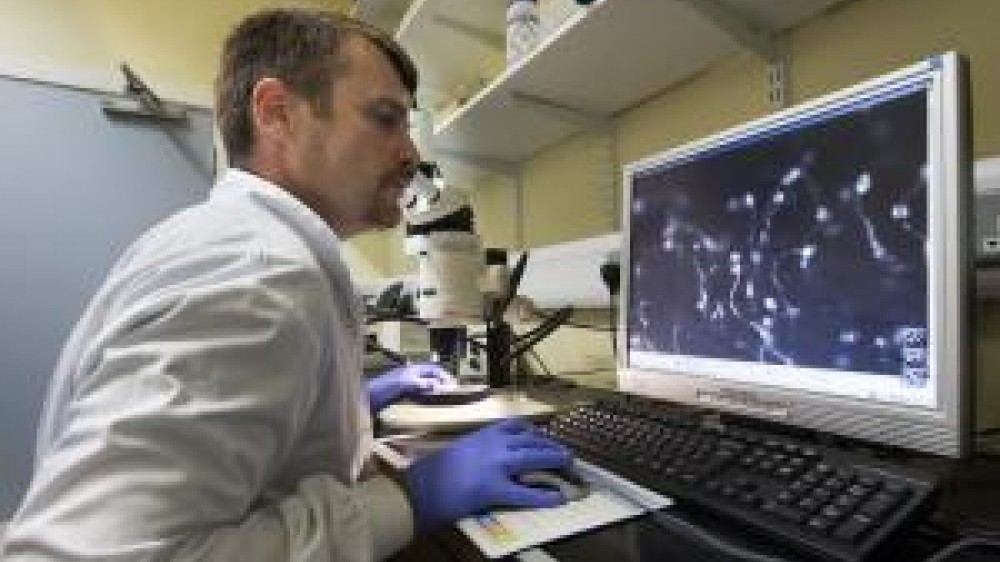
The Consortium for Innovation and Quality in Pharmaceutical Development (IQ) and the Association for Assessment and Accreditation of Laboratory Animal Care International (AAALAC) run a Global 3Rs Awards Program which recognises bioscience research
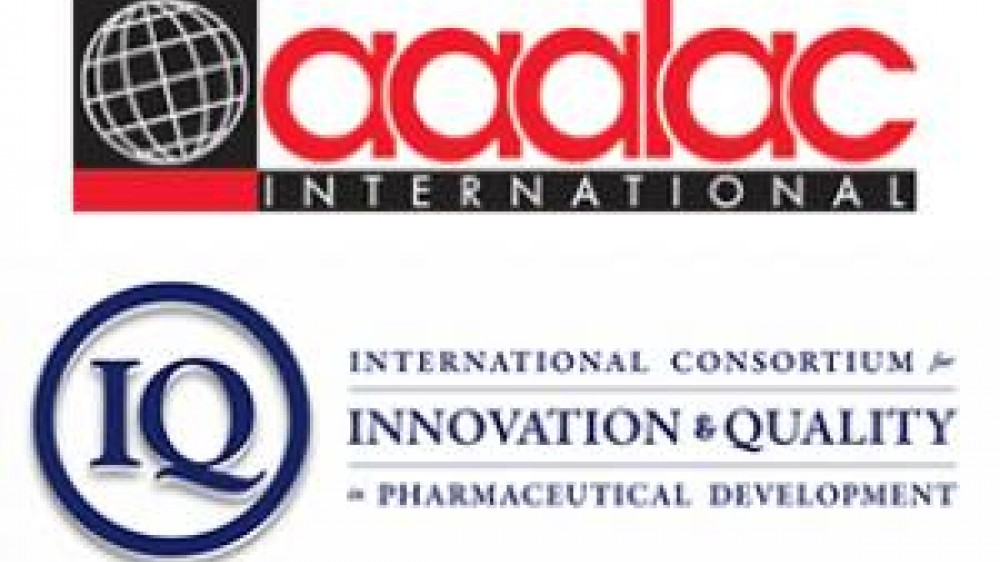
With the deadline for this year’s 3Rs Prize nominations approaching, we got in touch with 2014 winner, Dr Oliver Britton from University of Oxford, to discuss his experience of the process, winning and his year since.
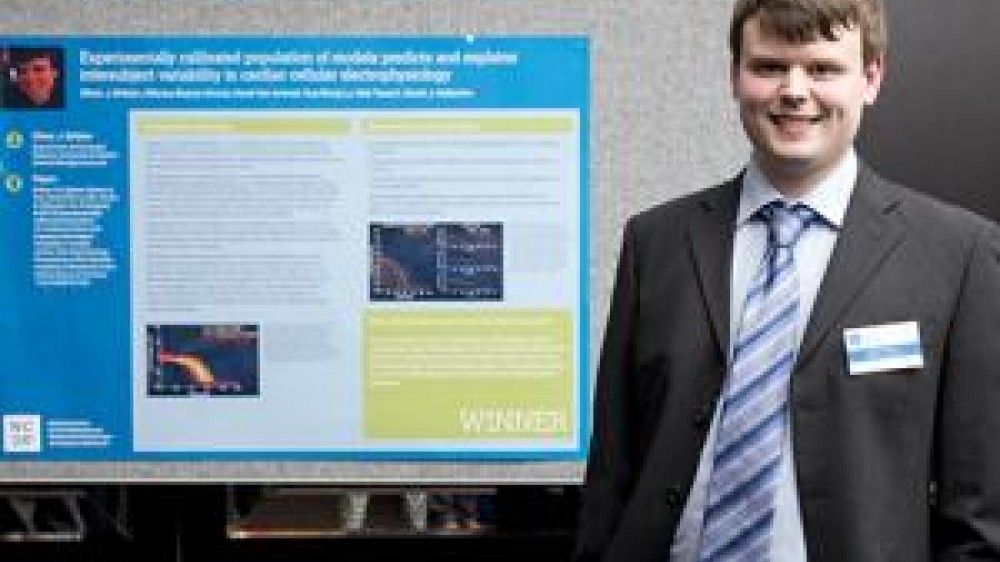
The NC3Rs in partnership with five other organisations – Innovate UK, the BBSRC, EPSRC, MRC, and Dstl – has published a roadmap on developing and applying non-animal technologies (NATs) to improve the methods and tools available for the safety and

Today sees the publication of a roadmap on non-animal technologies (NATs) which has been jointly developed by six organisations – Innovate UK, the NC3Rs, BBSRC, EPSRC, MRC and Dstl. Here Dr Vicky Robinson the NC3Rs Chief Executive describes the

The NC3Rs is pleased to announce the appointment of five new Board members.

A project funded through the NC3Rs/Innovate UK Non-Animal Technologies (NATs) programme has claimed a breakthrough by creating a 3D printer capable of working with delicate induced pluripotent stem (iPS) cells.
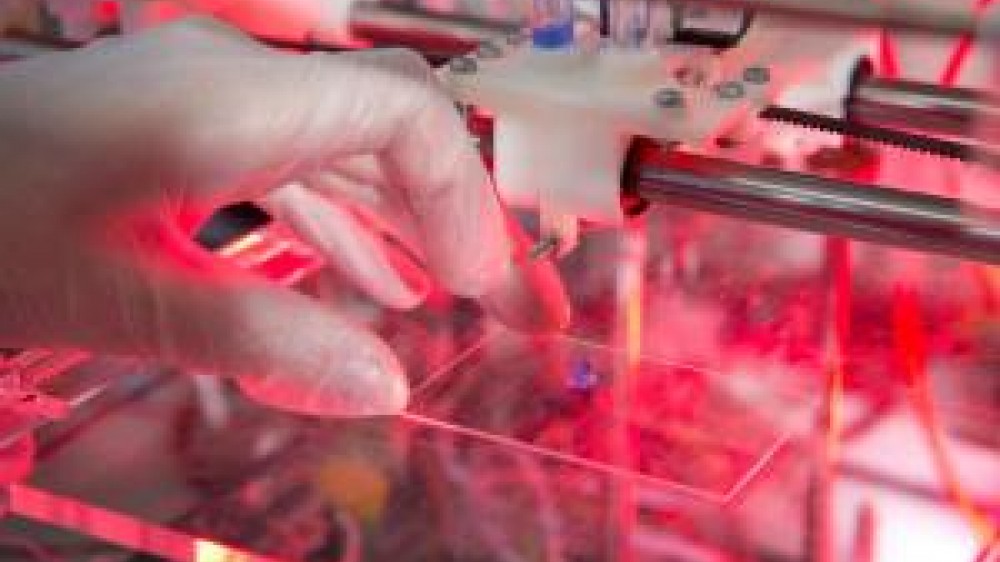
We are pleased to announce the award of three grants under our joint strategic award competition with the BBSRC in the area of replacing animal models of bovine Tuberculosis (bTB).
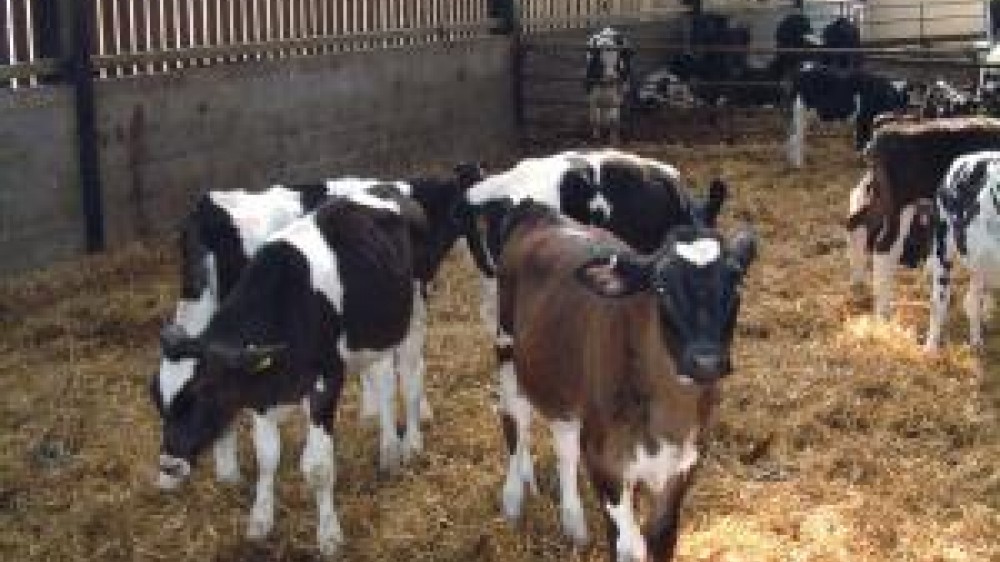
In 2014 the NC3Rs launched a programme of work to support the wide-scale development and application of pathways-based approaches, with the aim of improving the science of human and environmental safety assessment and ultimately reducing the reliance
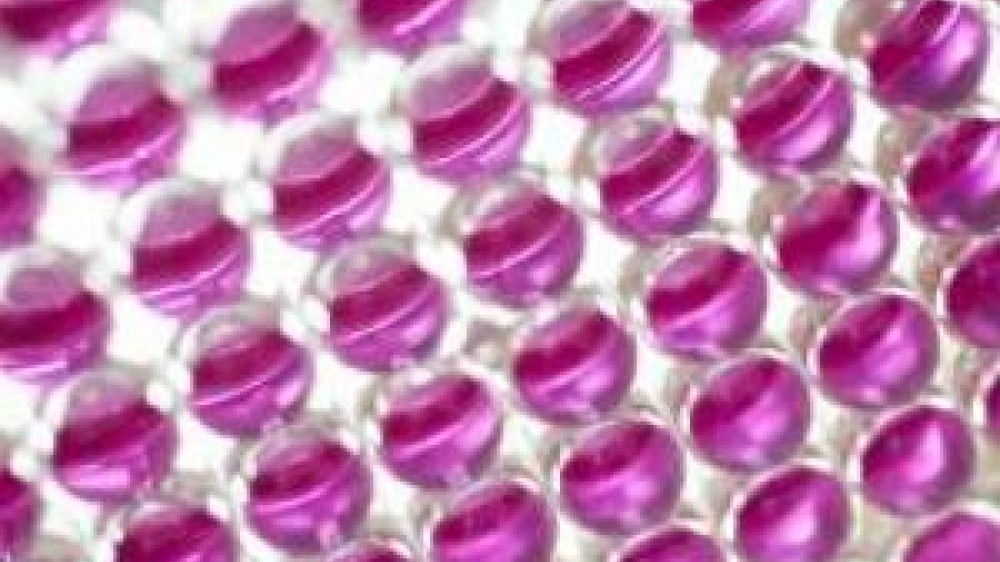
There is an unmet need for a solution that can provide comprehensive target information at the lead selection stage of small molecule drug discovery.
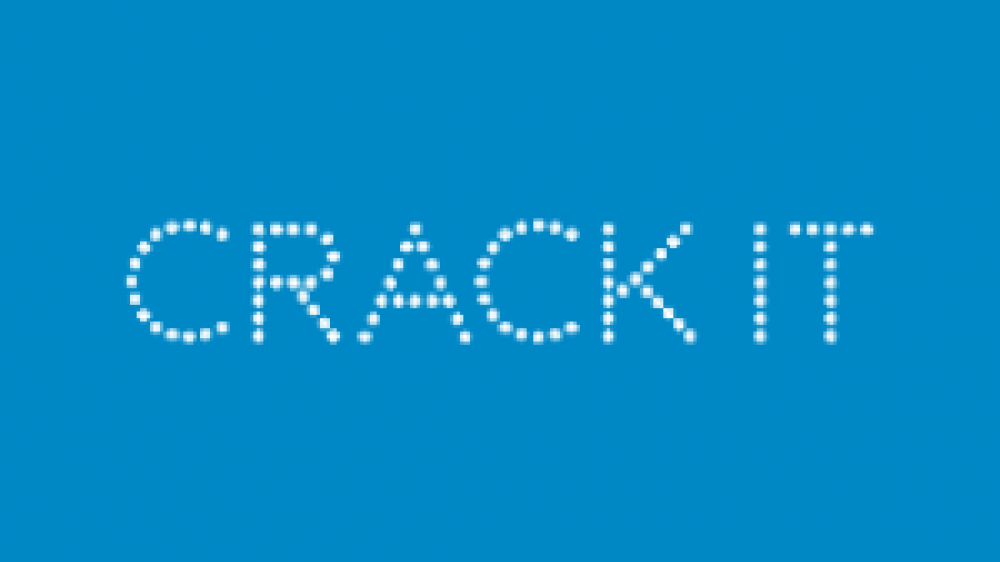
New work published in PLOS Biology by Professor Malcolm Macleod and Dr Emily Sena from the CAMARADES group at the University of Edinburgh shows continuing problems with the quality of animal research, based on information included in papers on the

The NC3Rs has been announced as a consortium partner for a new collaborative project awarded under the Horizon 2020 framework, in which academia will work alongside small and medium-sized enterprises (SMEs), large industry, contract research
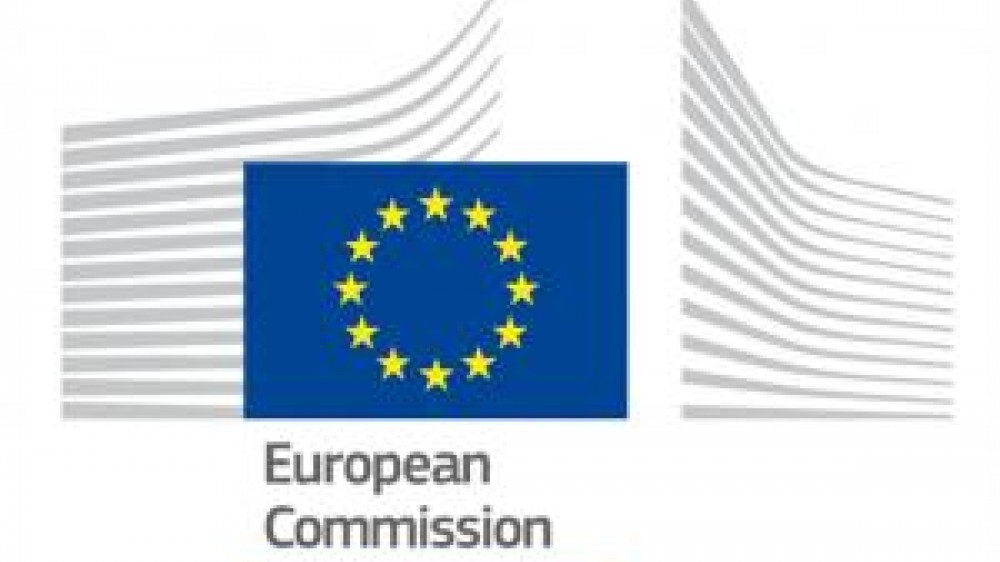
Scientists using animals in research have a responsibility to ensure that the studies are appropriately designed, conducted, analysed and reported so that they impartially and robustly answer the question they are intended to and truly add to the

Together with the Institute of Animal Technology (IAT), we recently held a symposium for animal technicians, an event bringing together technicians from various backgrounds and speakers from both academia and industry.
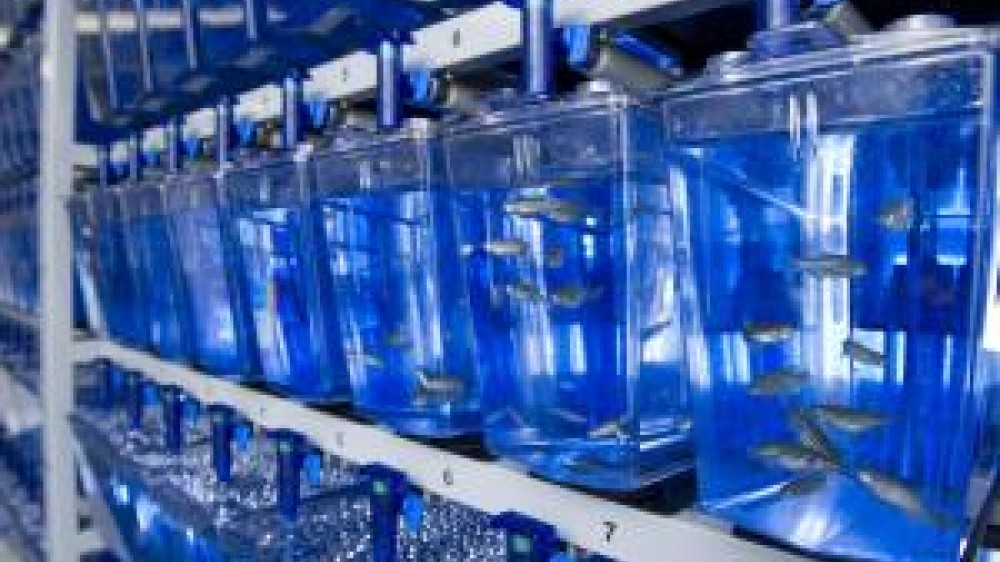
The ‘Procedures with Care’ website contains HD video tutorials offering step-by-step practical guidance for carrying out the administration of substances to mice and rats, emphasising the need to handle the animals with care to reduce any distress
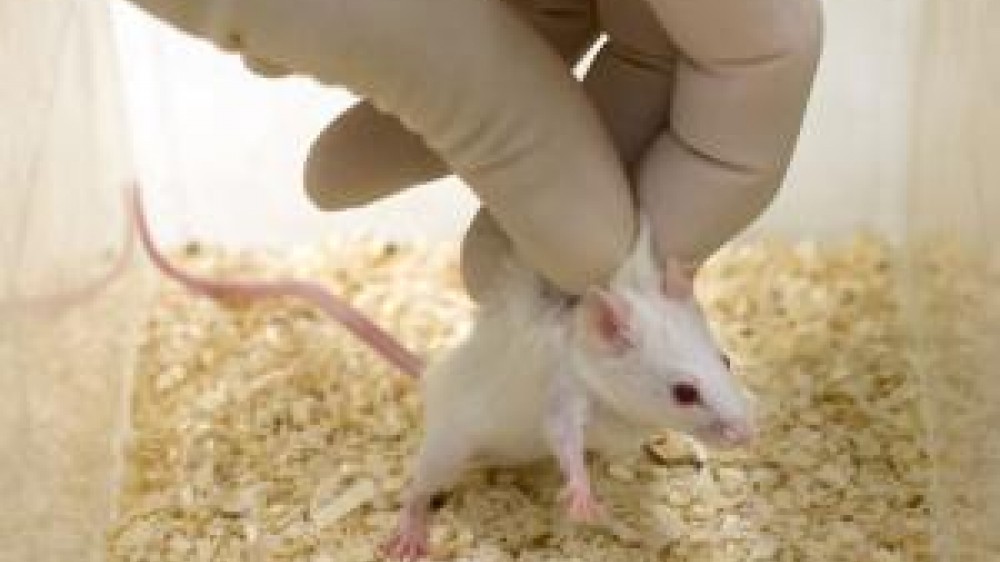
Last week, NC3Rs made a trip to Bradford to join the British Science Festival for our session “Dish and chips: new alternatives to animal testing”, chaired by Professor Jamie Davies from the University of Edinburgh, former Deputy Chair of the NC3Rs
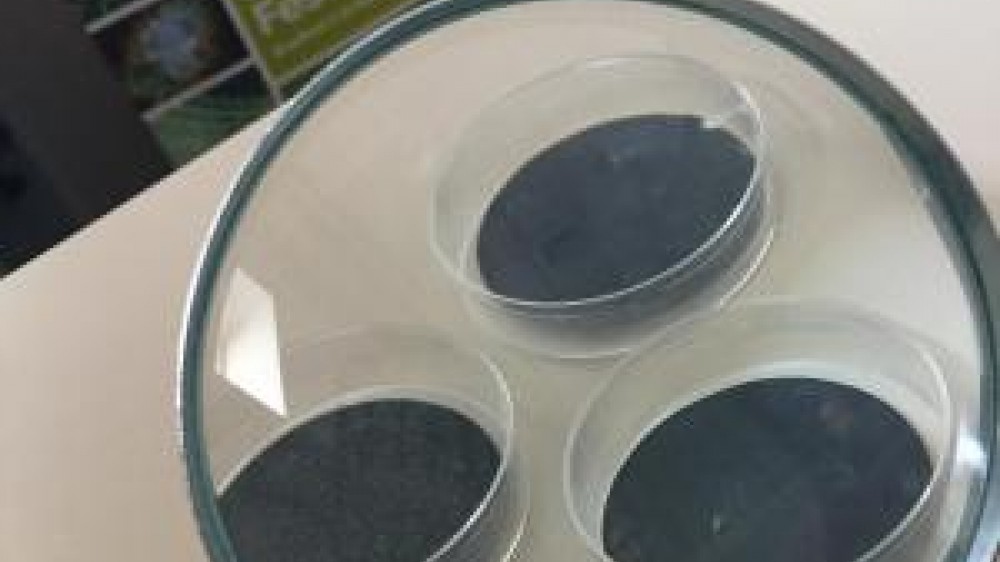
A recent article from BBC featured work by Dr Robert Harrison, who works with dangerous, venomous snakes in The Alistair Reid Venom Research Unit (ARVRU) of the Liverpool School of Tropical Medicine (LSTM).
